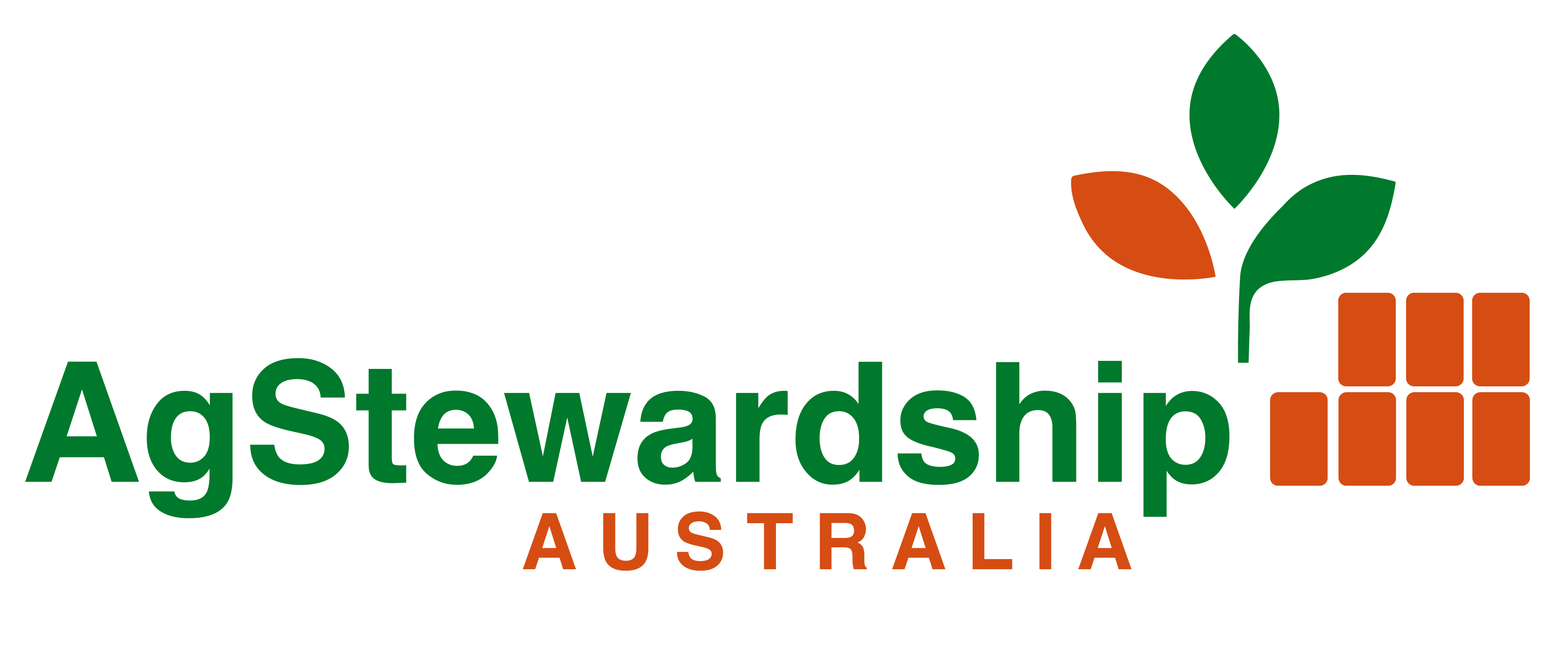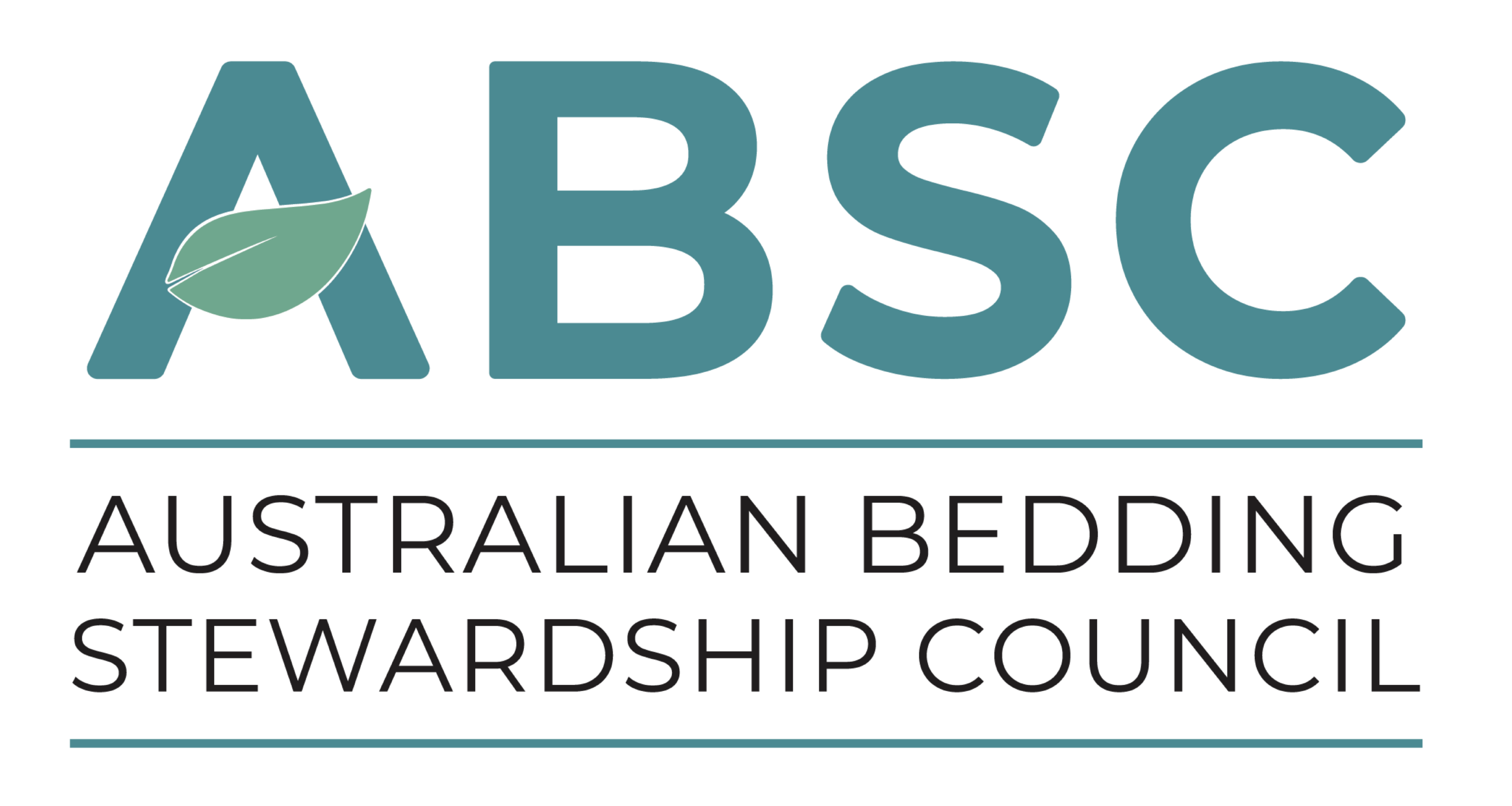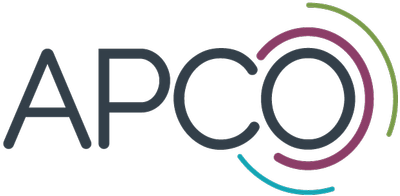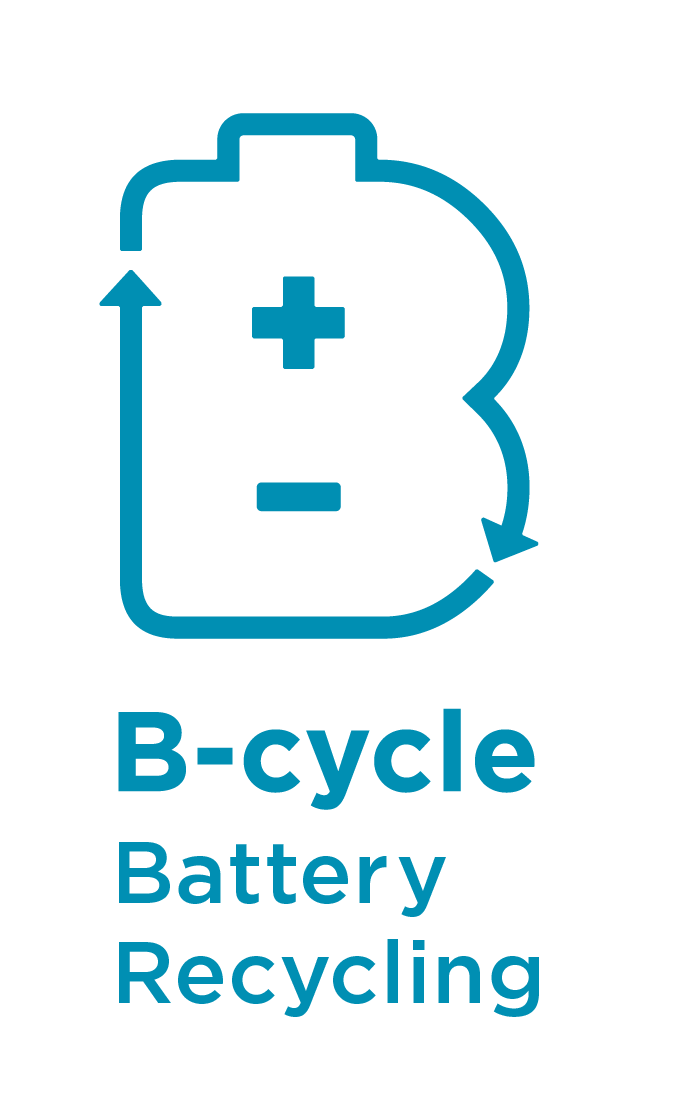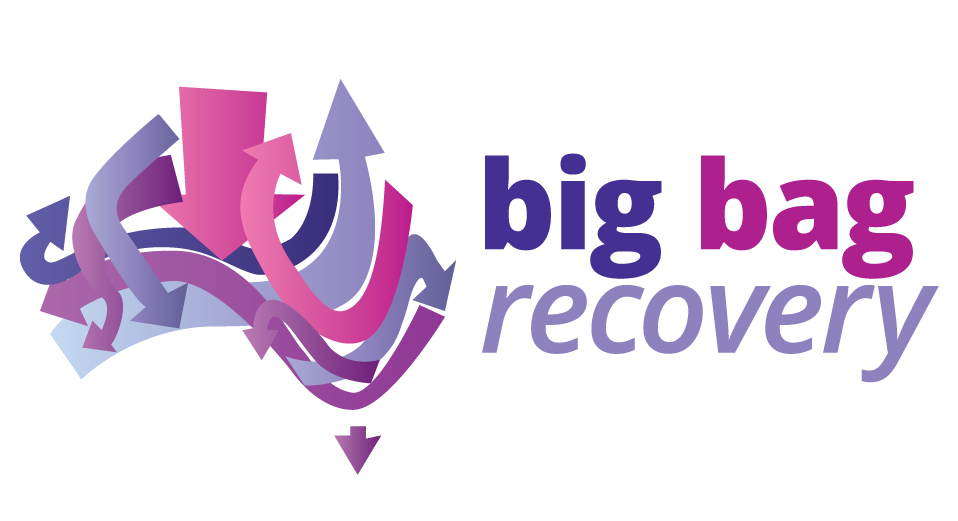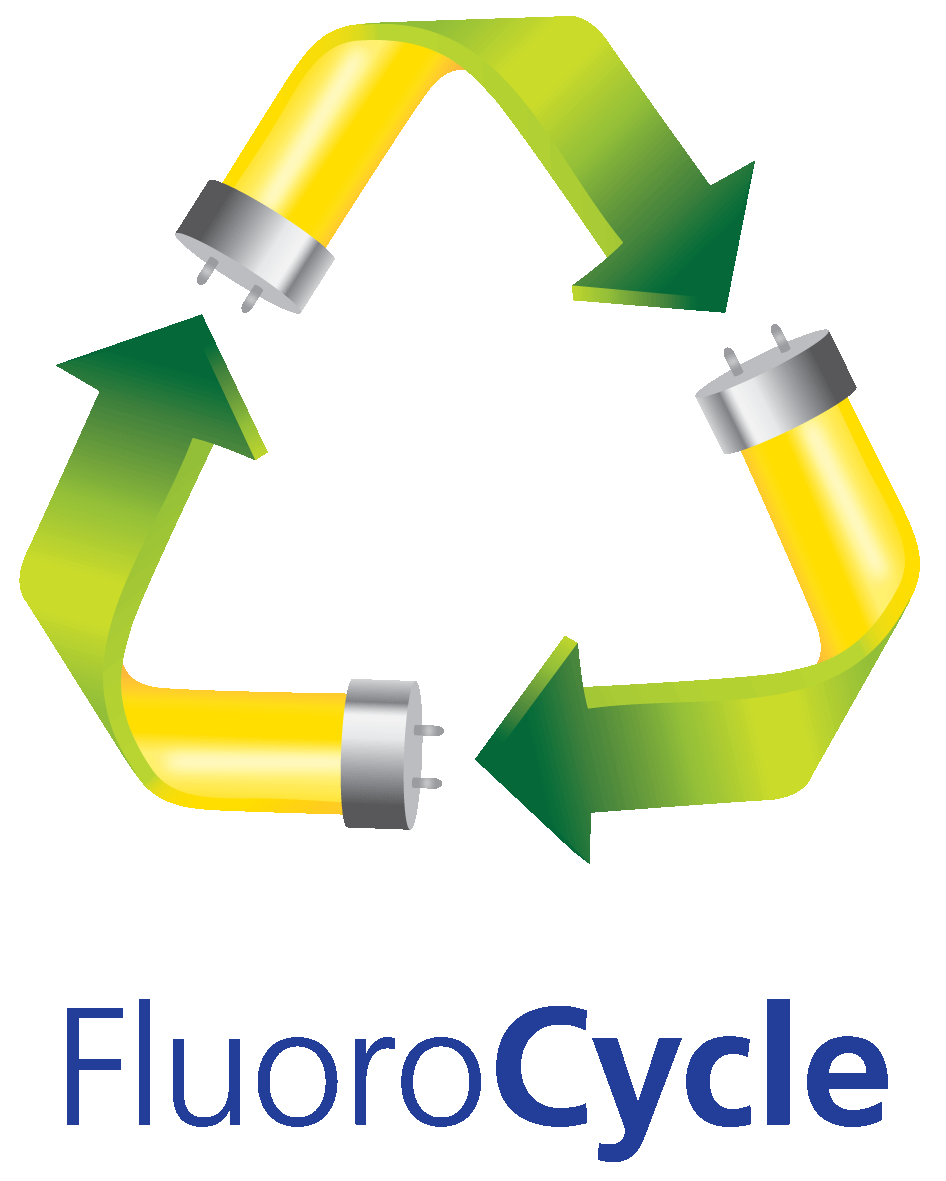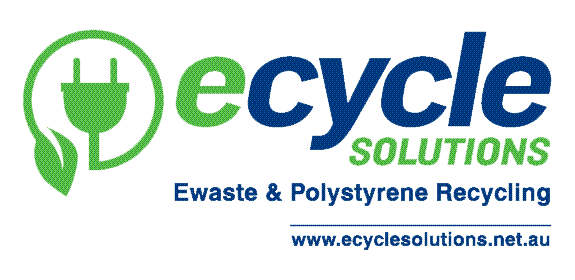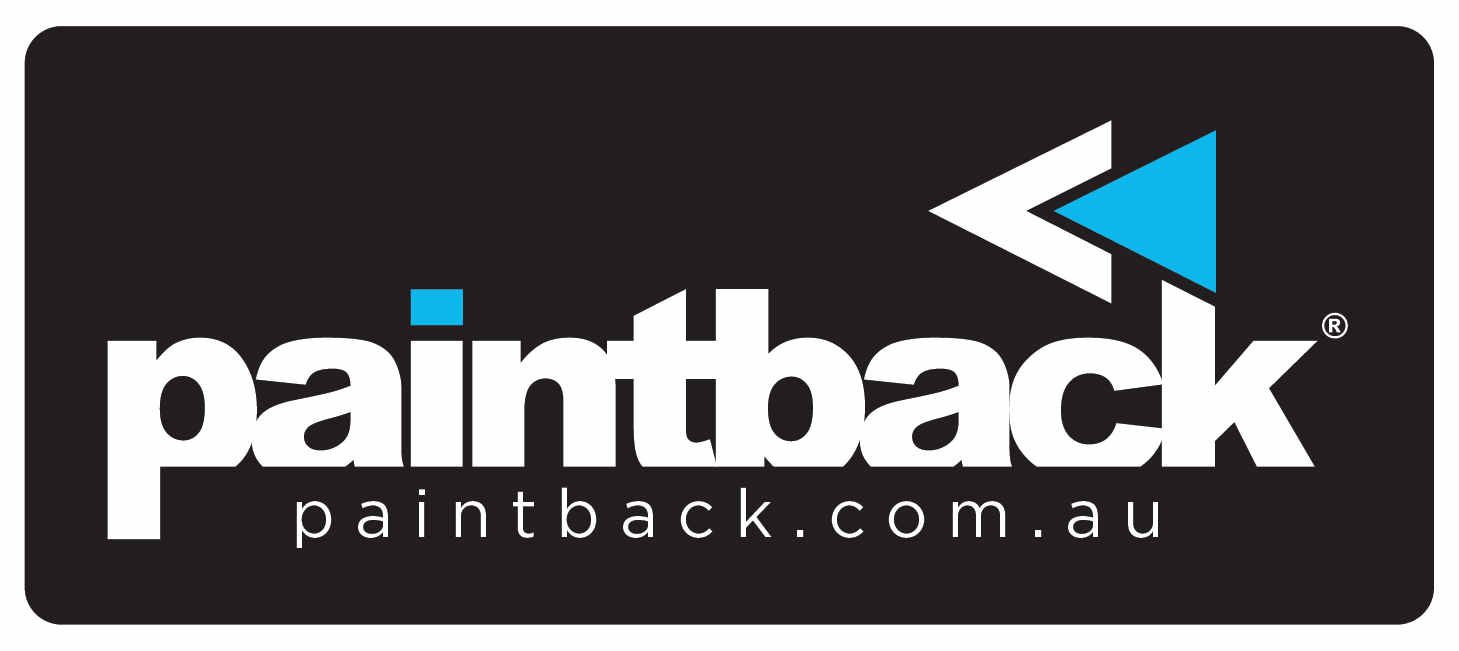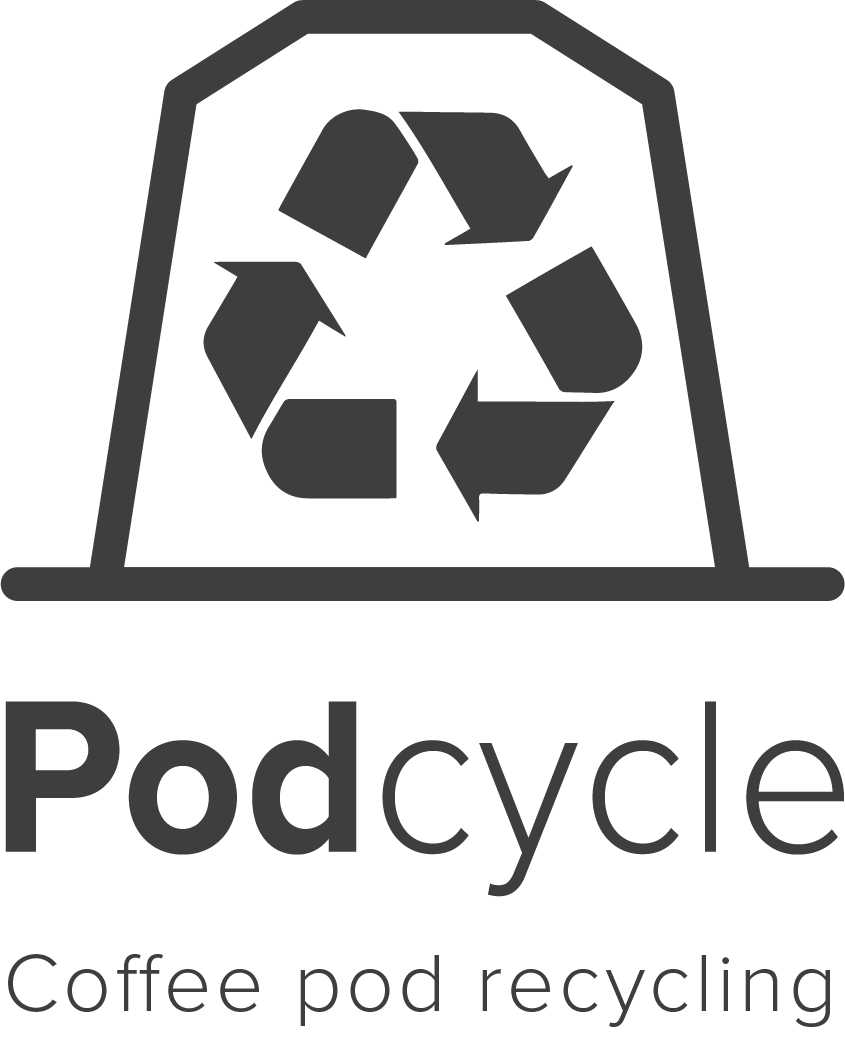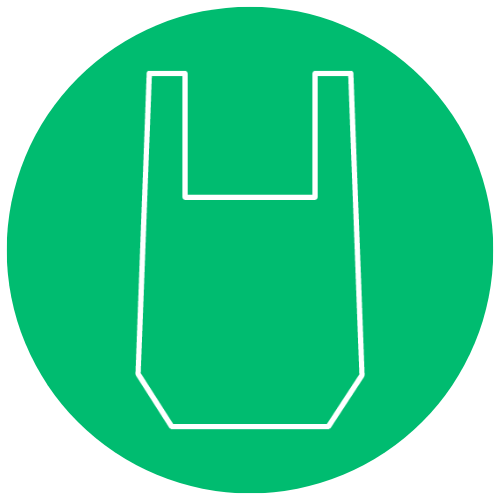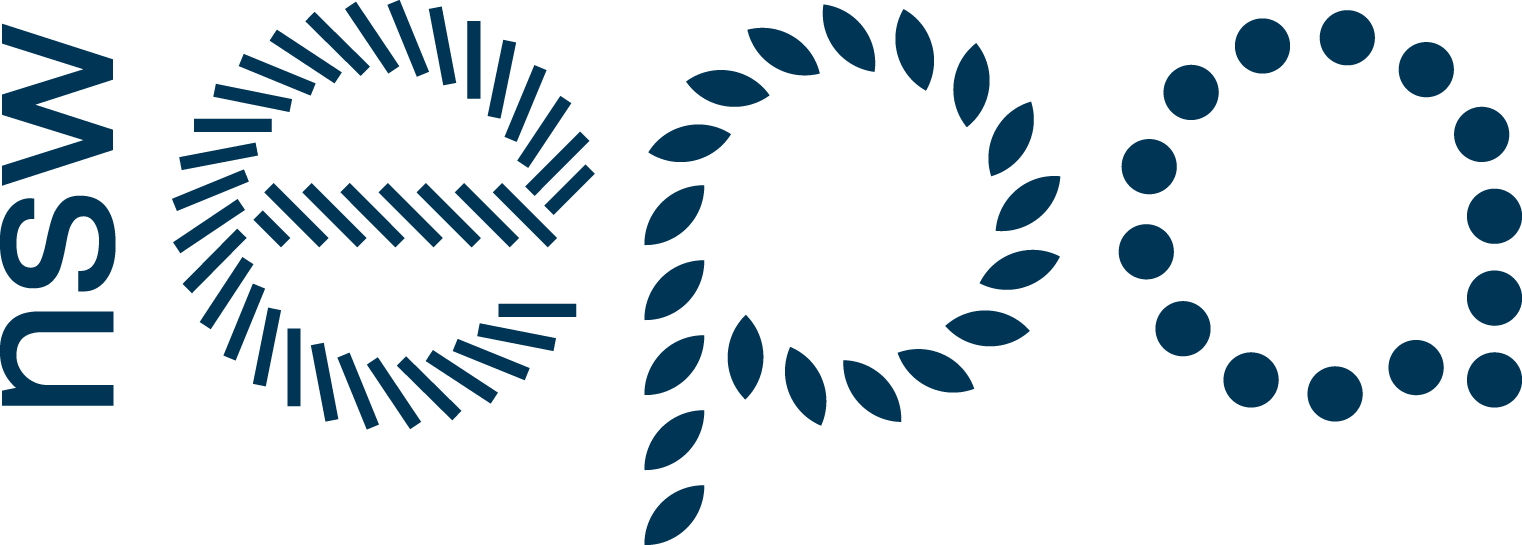Product stewardship schemes provide Australians with greater access to recycling and safe disposal services for products once they have reached their end of life. Also known as extended producer responsibility, the schemes encourage manufacturers and importers to take greater responsibility for the waste their products create by providing the public with recycling options.
Generally, the cost of waste is borne by the consumer, governments, and councils as clean-up and landfill costs. Product stewardship helps share this cost by having industry fund the recycling schemes.
Product stewardship schemes aim to minimise the health and environmental impacts of a product over its entire lifecycle. While many product stewardship schemes focus on recycling solutions, some also consider other measures to reduce the environmental impacts of products such as design, production, distribution, reuse, and material recovery.
Product Stewardship in Action
Australia has many product stewardship schemes which operate under different models including co-regulatory and voluntary schemes.
Businesses can contribute to product stewardship schemes as users, by facilitating bulk collections, or as partners, by becoming an access point for consumers or signatory partners who strengthen the schemes success.

Batteries 4 Planet Ark offers a cost-effective and accessible national recycling service for handheld batteries for businesses, workplaces, and other organisations. Accredited through Australia’s national battery recycling scheme, B-cycle, the program is made possible through a partnership with Planet Ark, Close the Loop and Envirostream. The service provides door-to-door collection for workplaces across the country and is not for public collection of batteries.
Find Out More
Cartridges 4 Planet Ark is an innovative recycling program that provides Australians with a free and easy way to recycle their used printer cartridges. This voluntary Extended Producer Responsibility (EPR) program is supported by participating manufacturers: Brother, Canon, Epson, HP, Cartridge World, and Kyocera to collectively take responsibility for the end life of their products.
Find Out MoreAgricultural and Veterinary (AgVet) Chemical
AgStewardship Australia is an industry-led, non-profit organisation which supports an entire life cycle approach to ethically managing agricultural and veterinary chemical products from their origins, through to manufacture, use and disposal. AgStewardship Australia is responsible for the collection and management of levy contributions to fund two voluntary stewardship programs owned and operated by Agsafe Limited - drumMUSTER and ChemClear, which collect empty AgVet chemical containers and safely dispose of unwanted AgVet chemicals respectively.
Australian Bedding Stewardship Council
The Australian Bedding Stewardship Council (ABSC) is a not-for-profit, industry partnership established to tackle the problem of mattress and bedding disposal. By working with governments of all levels, supply chain managers, manufacturers, retailers, and recyclers it seeks to move towards a circular economy for mattresses and bedding products.
Recycle My Mattress is a product stewardship program administered by the Australian Bedding Stewardship Council, which helps individuals recycle their old mattresses.
Soft Landings is a national social enterprise operating across NSW, ACT, Victoria, and WA. They divert mattresses from landfill and recover the components to recycle whilst creating meaningful and stable jobs within the resource recovery industry.
Australian Packaging Covenant Organisation (APCO)
APCO is a co-regulatory, not for profit organisation partnering with government and industry to reduce the environmental impact of packaging in Australian communities. APCO delivers this model of shared responsibility through the promotion of sustainable packaging activities including sustainable design, recycling initiatives, waste to landfill reduction and circular economy projects.
Battery Stewardship Council
The Battery Stewardship Council was established with the primary goal of implementing a national battery recycling scheme in Australia. It aims to increase recycling rates of batteries by providing the public with greater access to recycling services. In 2022, the council launched B-cycle, a battery recycling scheme that brings together importers, retailers, and everyday Australians to prevent used batteries from being sent to landfill by recycling them into new products and materials.
Bulka Bags
Australia has a national product stewardship scheme for the recycling of bulk bags and sacks used to carry at least 15 kilograms or litres of contents. The Australian Government Accredited Scheme, Big Bag Recovery, includes recyclable bags that are woven polypropylene (wPP) and LDPE.
Container Deposit Schemes
The Container Deposit Scheme (CDS) is a recycling scheme for certain types of bottles, cans, and cartons that anyone can use to receive a 10c refund per container recycled. Originally created to reduce litter, CDS have far-reaching environmental and social benefits. Every state and territory in Australia have or will soon have a CDS.
Expanded Polystyrene Australia (EPSA)
Expanded Polystyrene Australia (EPSA) has established a National Collection Network that provides businesses with recycling points for expanded polystyrene (EPS) products, particularly packaging and building/construction applications. Recycling centres are located in Melbourne, Sydney, Brisbane, Adelaide, Perth and Canberra.
StyroCycle (in partnership with EPSA) has established recycling drop-off points for small businesses and the general public. Certain types of EPS products can be dropped off for recycling including protective packaging from small and large appliances, vegetable boxes, construction EPS and beanbag beans. EPS products must be clean and free from tape, food, or other contaminants.
Many EPSA members also accept clean EPS scrap for recycling. Other recycling services for commercial quantities of EPS can be found on the polystyrene page.
FluoroCycle
FluoroCycle is a national scheme that aims to increase the recycling of lamps that contain mercury and reduce the amount of mercury entering the environment. To achieve this, FluoroCycle provides a voluntary scheme which businesses, government agencies and other organisations can join as signatories, giving them public recognition for their commitment to recycling. Australians can use the scheme to find a recycler.
MobileMuster
MobileMuster is Australia’s official recycling program of the mobile phone industry. It is a not-for-profit recycling program funded voluntarily by handset and accessory manufacturers. The program provides free recycling drop-off points for Australians for their old or broken mobile phones and accessories.
National Television and Computer Recycling Scheme
In 2011, the Australian Government introduced a national, industry-funded, recycling scheme for televisions, computers, and computer accessories. The scheme prevents millions of old TVs and computers from being sent to landfill by providing opportunities for the community to recycle them free of charge.
Four organisations are currently approved to deliver recycling services under the scheme: Ecycle Solutions, TechCollect, Sustainable Product Stewards Pty Ltd, and The Activ Group Solutions Pty Ltd (Ecoactiv).
Paintback
Paintback is a cost-effective solution for households and trade painters to responsibly dispose unwanted paint and packaging, providing 165 drop-off locations nationally. It is the first national program of its kind in the world to be developed and voluntarily run by the paint industry. More than a million litres of unwanted paint were diverted from landfill in its first year of operation.
Podcycle
Podcycle is a new product stewardship scheme being established by Planet Ark in collaboration with scheme partners Nespresso and Woolworths, and funded by the Australian government's National Product Stewardship Investment Fund. The scheme is set to launch in in the second half of 2025 and aims to provide Australians with easy access to recycling services for all kinds of coffee capsules and pods.
Nespresso currently has a recycling scheme for its aluminium coffee capsules. Customers can recycle their used aluminium coffee capsules by dropping them off at designated collection points or by returning them through the mail by purchasing a satchel from the retailer (they hold up to 130 capsules).
Product Stewardship for Oil Program
Australia has a government-administered Product Stewardship for Oil Program, which is partly funded by a levy on new oil.
Numerous facilities across the countries can recycle used motor oil. Small amounts of used oil from vehicles or machinery can be taken to a local used oil facility run by your local council. For larger quantities, commercial operators offer collection services from site. Some oil facilities will also take used oil filters, oily rags and plastic oil containers.
Your local petrol station may also accept used motor oil for recycling.
Following the closure of REDcycle, a national system for collecting and recycling soft plastics in Australia is still in the process of being established. Industry remains committed to re-establishing a resilient program for household soft plastics recycling, with a range of initiatives coming online.
Tyre Stewardship Australia
Tyre Stewardship Australia (TSA) is a voluntary, industry-funded tyre product stewardship scheme established in 2014 to address the impacts of end-of-life tyres. The scheme aims to increase tyre recovery in Australia and the domestic use of recycled tyres in the manufacturing of new products and applications. Tyre retailers, recyclers, collectors, local government, and fleet organisations can apply and obtain TSA accreditation, demonstrating their commitment to playing a role in the responsible management of Australia's used tyres. For individuals looking to contribute, TSA has developed the My Tyres My Choice online tool to help consumers identify the tyre brands and accredited retailers committed to helping Australia find more sustainable outcomes for our used tyres.
